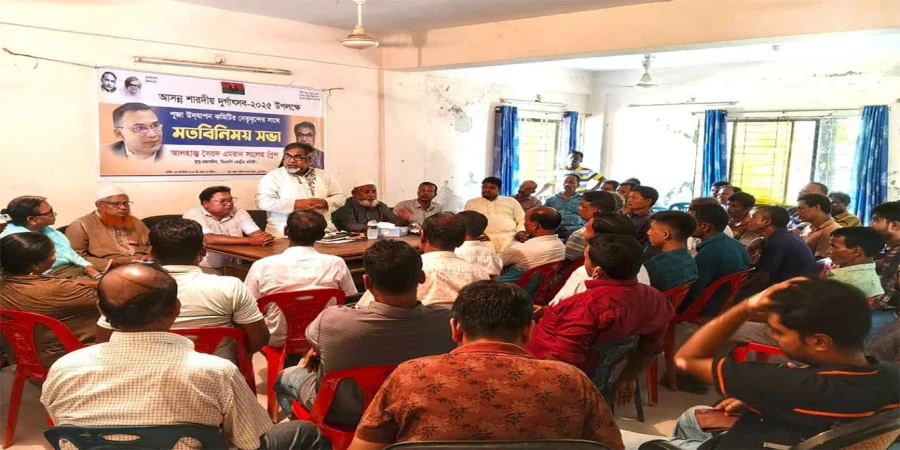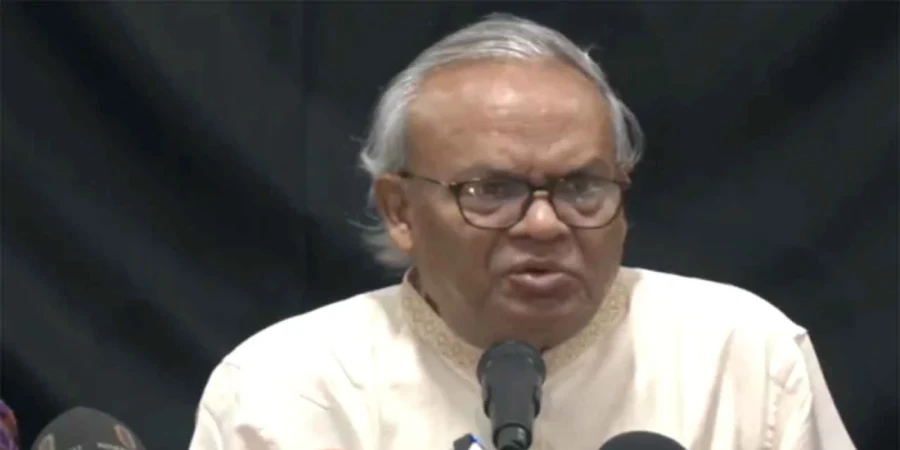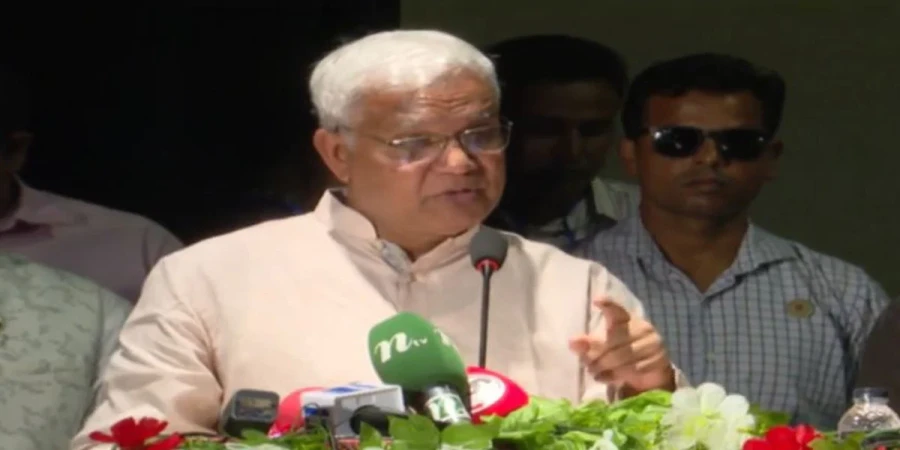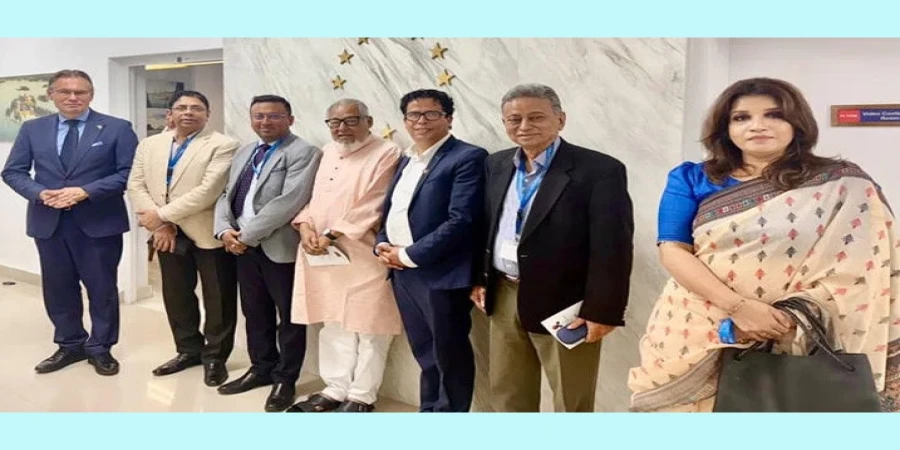
ছবি: Photo: Collected
Party Calls for Stronger Constitutional Amendment and Bicameral Parliament Discussions Continue Without Consensus
The Bangladesh Nationalist Party (BNP) has proposed introducing a national referendum to prevent any future interference with the caretaker government system. The party shared this proposal following discussions with the National Consensus Commission on Tuesday, July 15, at the Foreign Service Academy in Dhaka.
Speaking to reporters after the meeting, BNP Standing Committee member Salahuddin Ahmed said the party wants to make the constitutional provisions for a caretaker government stronger and more secure. “We have proposed that if anyone wishes to bring changes to the caretaker government system in the future, it must be done through a national referendum,” he said.
Salahuddin Ahmed also mentioned that the day’s discussions focused on the idea of establishing a bicameral parliament in Bangladesh. He noted that while there is general agreement among most political parties about creating such a parliamentary system, there is still no consensus on its structure or on how its members would be elected.
According to him, opinions differ regarding how elections would be held for both the upper and lower houses. BNP proposed a bicameral parliament with an upper house consisting of 100 seats. Salahuddin Ahmed explained that the upper house would include representatives from various sectors of society, including prominent figures from national development, political scientists, sociologists, and people from underrepresented communities. The intention is to bring in individuals whose knowledge, wisdom, and experience contribute to nation-building activities and overall national development.
Salahuddin Ahmed clarified that BNP’s proposal is rooted in their previously outlined 31-point reform agenda. He explained that in the proposed structure, representation in the upper house would be similar to the method of reserving women’s seats in the existing constitution, based on proportional representation. However, there has been significant debate regarding both the proportional election method and the functions and powers of the proposed upper house.
Issues raised include how general bills would be passed between the two chambers and what the process would be for passing constitutional amendments. Salahuddin Ahmed noted that after extensive discussions, no clear consensus was reached on these matters.
He further stated that several parties questioned whether a bicameral parliament is necessary at all, considering the country’s financial capacity. There were concerns that establishing a second house would create an additional burden on state resources, functioning similarly to an entirely separate parliament.
Salahuddin Ahmed said these issues will be reviewed further, and the National Consensus Commission is expected to make a decision based on all parties’ opinions by the coming Sunday. Once that decision is made, BNP will share its official position, expressing either approval or disapproval accordingly.
During the meeting, discussions also covered constitutional amendment procedures—specifically how the current constitution could be amended to accommodate the proposed caretaker government system and the possible bicameral parliament structure.
Salahuddin Ahmed concluded that BNP remains focused on ensuring that the caretaker government framework is constitutionally protected against future tampering, emphasizing that such a safeguard would require a broader mandate through a public referendum.
repoter






